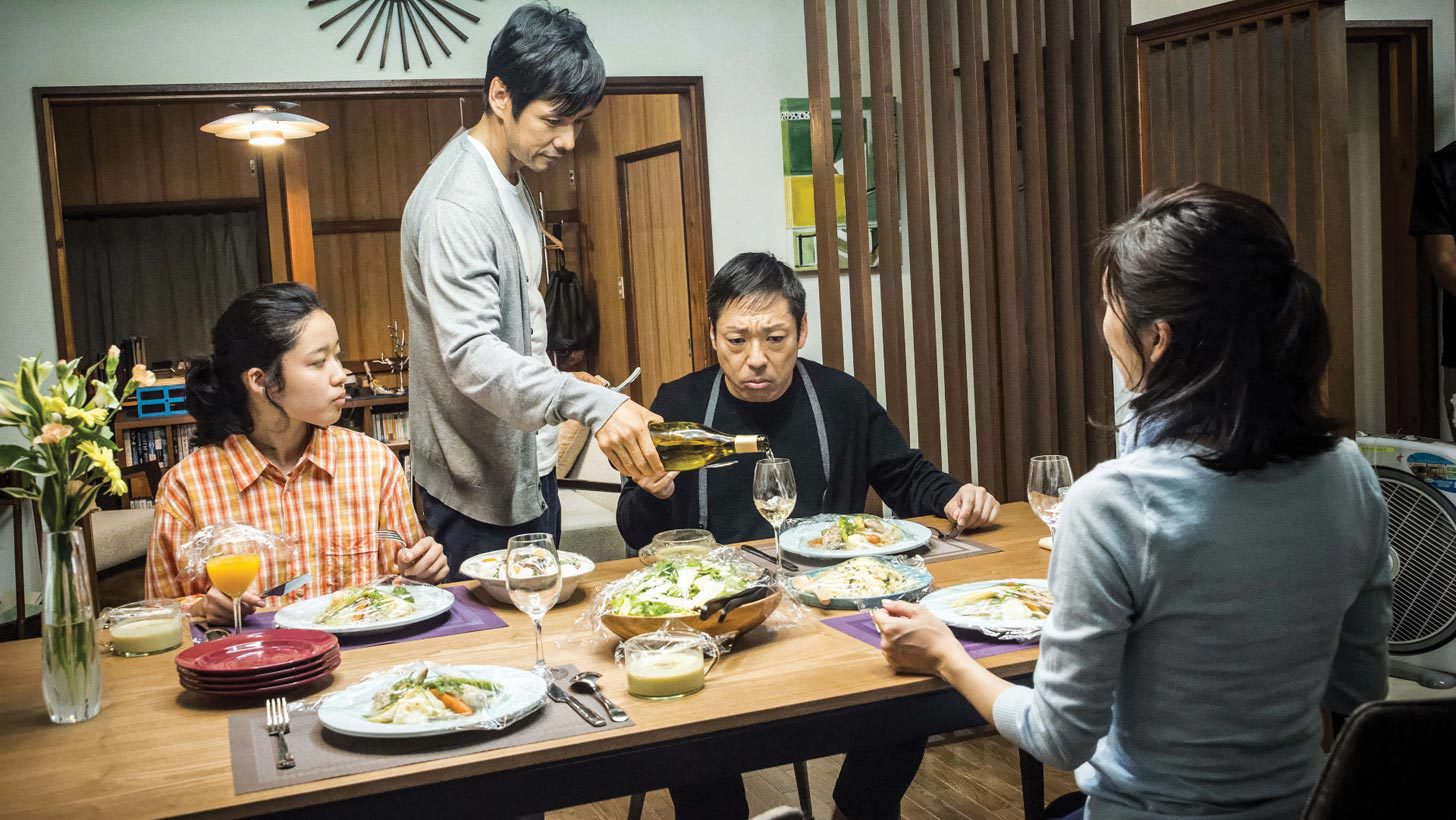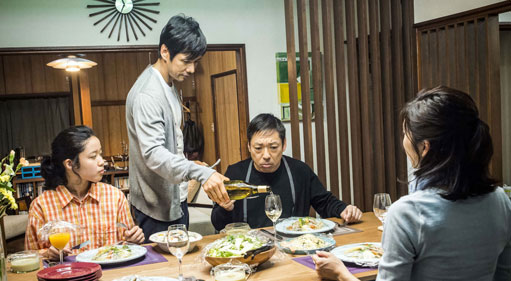Film Review: Creepy
Unsettling Japanese Horror-Hybrid Knows How To Make Skin Crawl


looks like a perfectly happy suburban potluck to me.
Latest Article|September 3, 2020|Free
::Making Grown Men Cry Since 1992


looks like a perfectly happy suburban potluck to me.